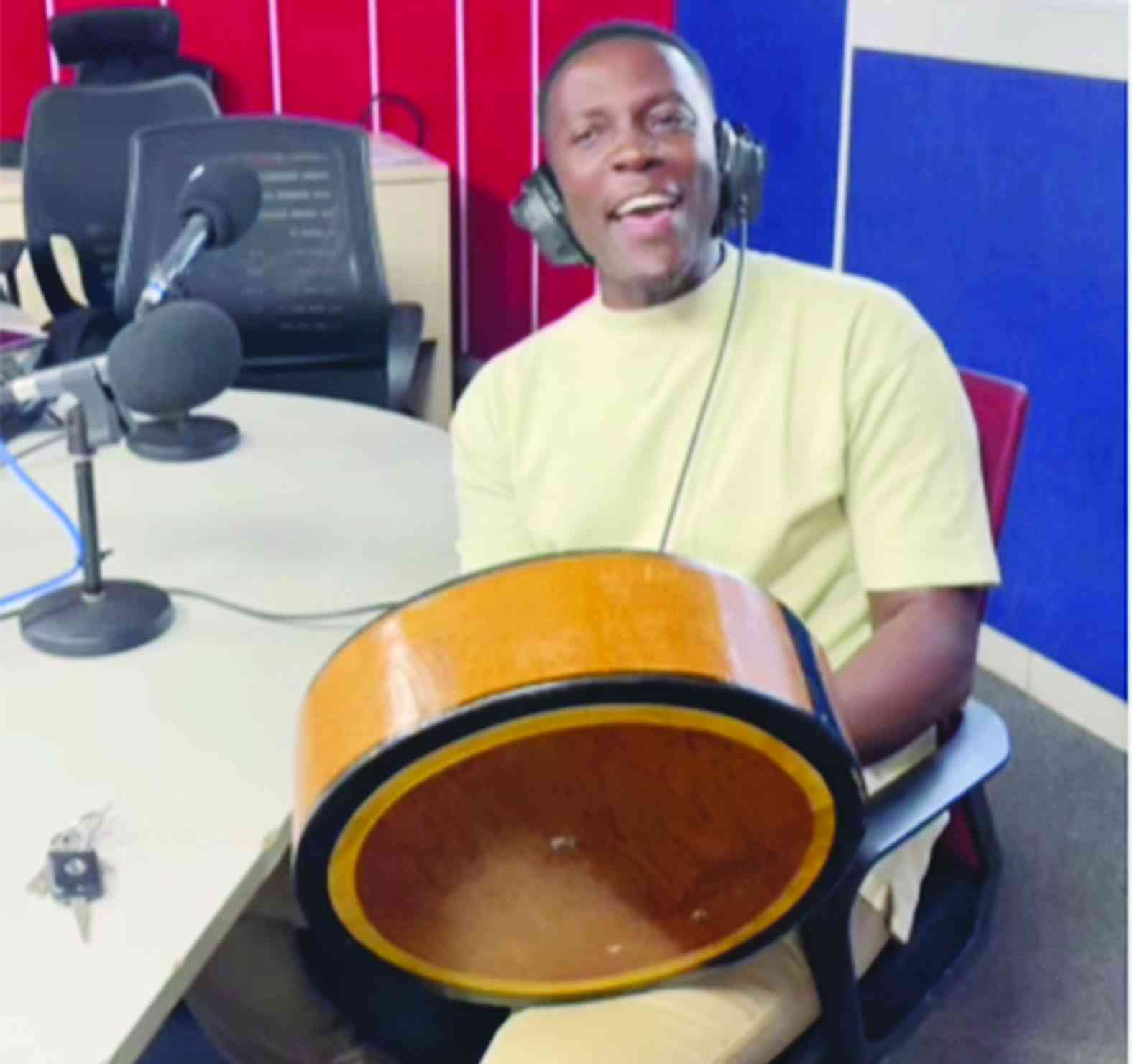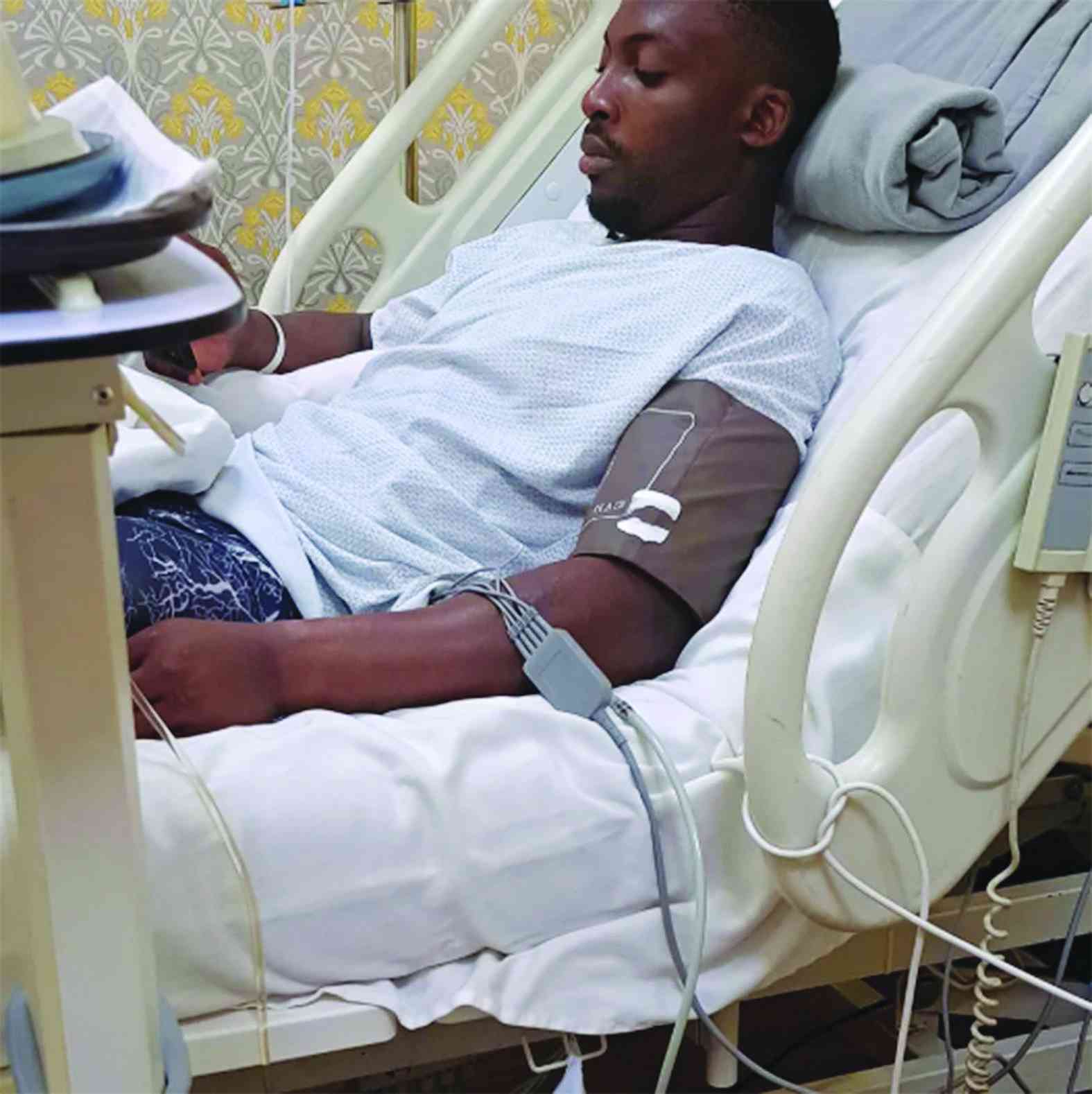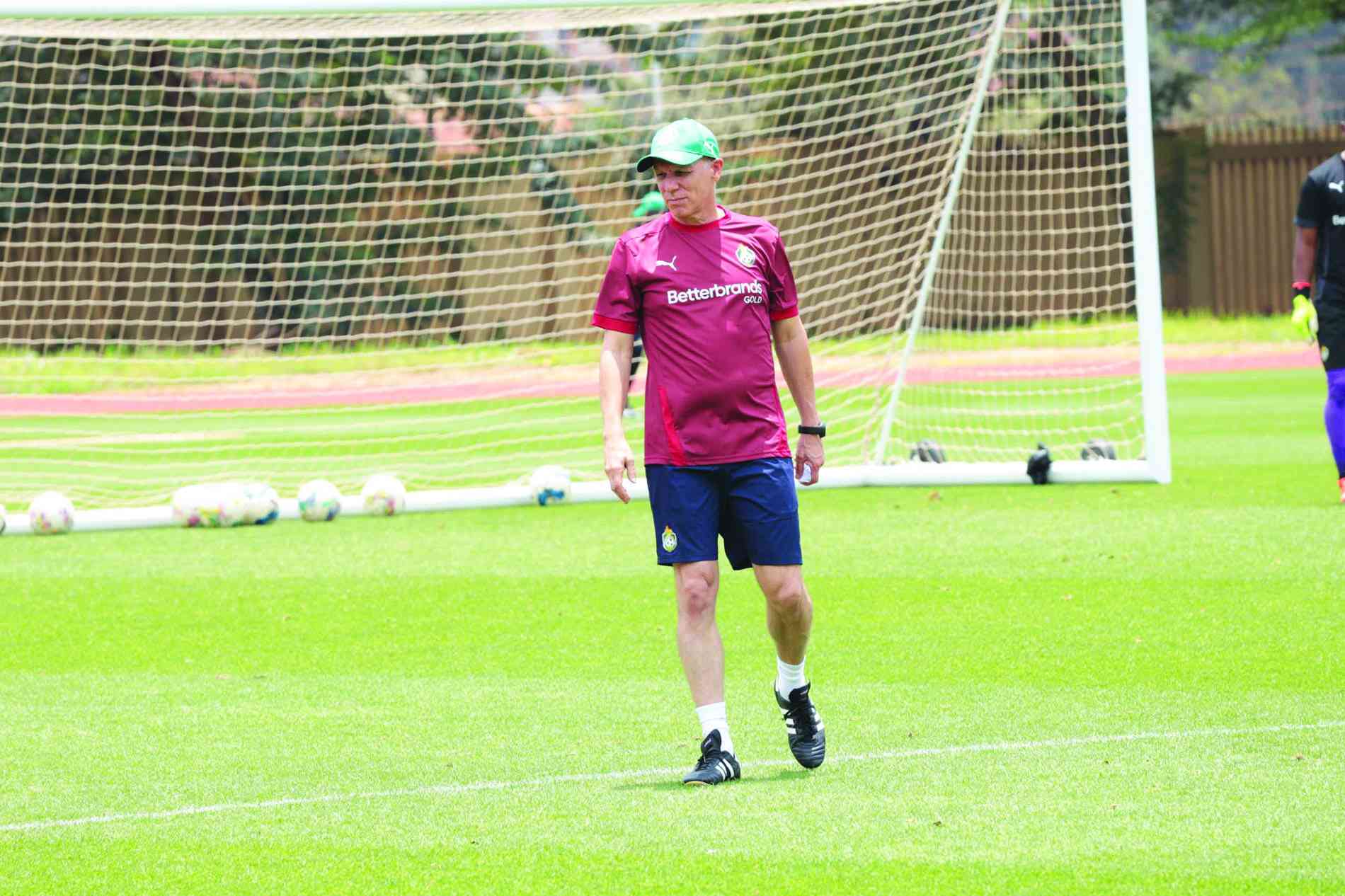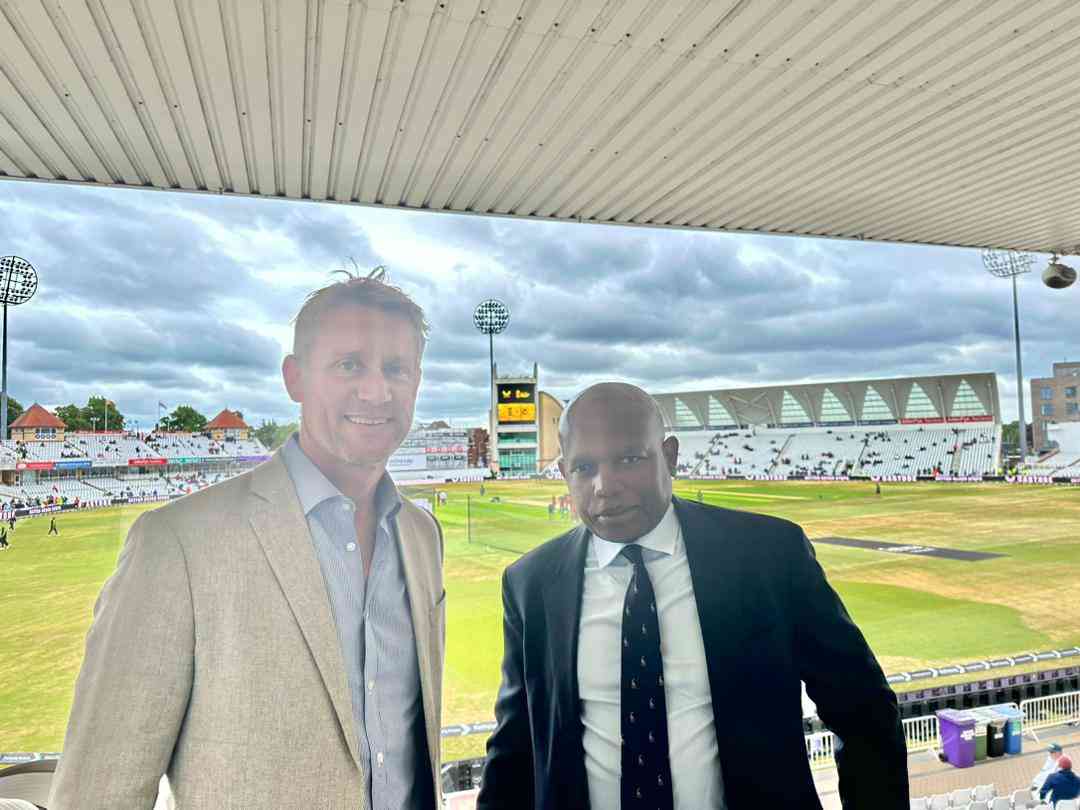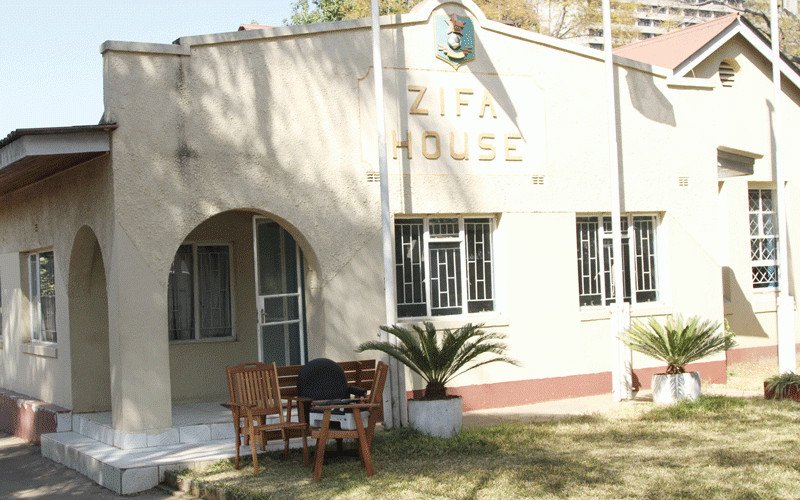
It’s been over a decade now with former top-flight side Mhangura Football Club in the obscurity of Division Two with no hope of ever returning to the big time where they were once a force.
By Kevin Mapasure
A lifeless Mhangura Stadium epitomises everything now. From the small, but beautiful facility it was in the 90s, the stadium hardly resembles what it used to be.
The lush greens of years gone by have been replaced by lifeless thirst-stricken patches of wild grass, while the majority of the pitch is a bare sun-baked hard surface.
They say Division Two football is played on this ground.
Those who have kept the great memories of the 90s where the team held its own in the top-flight, playing in two major cup competitions losing out to giants Caps United and Dynamos, have tried all they can to revive the glory days, but it seems the beautiful days will never come back.
It looks like as long as the heavy mining machinery that is lying idle a stone’s throw away is not running, football too will remain in stagnation down in the amateur ranks.
Mhangura is now a sad site and there is a sorry story to tell. For about 16 years now nothing in this former flourishing mining town is functioning.
- Chamisa under fire over US$120K donation
- Mavhunga puts DeMbare into Chibuku quarterfinals
- Pension funds bet on Cabora Bassa oilfields
- Councils defy govt fire tender directive
Keep Reading
The Mhangura Stadium which used to be the entertainment centre is now a broken facility, epitomising the broken dreams, while to some it has become a sex hub.
Used condoms are strewn all over the place, beer bottles too, not to mention cough syrup [Broncleer] bottles whose use in these instances certainly has got nothing to do with curing coughs.
The perimeter fence is gone, only a few rust-ravaged poles serve as a reminder that the stadium was once secured.
They say that people actually pay (50 cents) to watch Mhangura play in Division Two. But one can easily gain free entry, maybe those who pay only do so out of pity for the young men who dream to do what the likes of Gift Kamuriwo, Jani Milanzi and others did on this very surface.
Try as those associated with the team now might, the entertainment is gone. Football is no longer what it used to be. Life is no longer what it used to be for everyone in this former copper mining town.
“Everything is dead here now. The football is gone, it’s a far cry from what it used to be. We used to look forward to weekends when the team was playing at home,” one elderly woman who has converted one of the changing rooms into her home said.
“The team is still playing, but they are always losing [kana varipano four zero vakaenda kunze six nya, haiwa hapachina zviripo. Mhangura yaora iyi. Kwangosara zvigure ndozvatinomboona mu stadium.]
What used to be an inspiration to young aspiring footballers, a source of livelihood for those playing at the time and a primary source of recreation and entertainment for the mining community has been reduced to a sex hub and a source frustration to those who know what the place used to bring them.
This is the place where the late Zambian Webster Chikabala earned his fame locally after leading the team as a player/ coach to the BP Cup final where they eventually lost to Dynamos.
In this stadium the team played some of the matches that took them to the BP final of 1998 where they were, however, forced to play their home match in Harare and eventually lost on away goals rule against Caps United in 1998.
Only memories of such players as the late striker Anderson Phiri remain for those lucky enough to have been there.
One football follower who only identified himself as Phiri said that the team’s struggles at the moment emanate from the lack of funding.
“As things stand there is no hope of reviving Mhangura into a Premier Soccer League club,” he said. “The biggest problem at the moment is funding. Unlike before when the mine was thriving the players were well taken care of and it was a professional set up. Right now the team struggles even to fulfil away matches.
They rely on well-wishers who come in here and there. It’s just that here in Mhangura there is not a lot else to do so people go and watch the matches when the team is playing at home.”
The team’s best moments came in the BP Cup where in 1998 they got close to winning the competition but lost out to Caps United on away goals rule.
Everyone in Mhangura still believe that they were robbed of a good opportunity to win the competition when both legs of the finals were staged in Harare.
“Up to now we still feel that we were treated unfairly. Had Caps United come here we would have won the competition. It would have been a great game for everyone here to have such a big cup final at Mhangura Stadium.”
The closure of the mine has also meant that people now survive on working in surrounding farms. Such nature of jobs have also meant that there is no time for football for most of the youths in the area.
What is left are just stories of what used to be.


